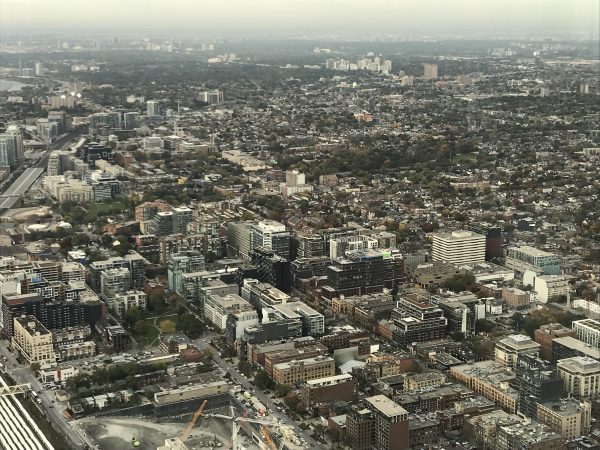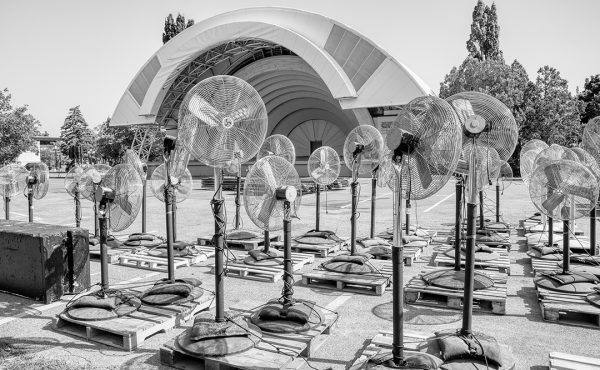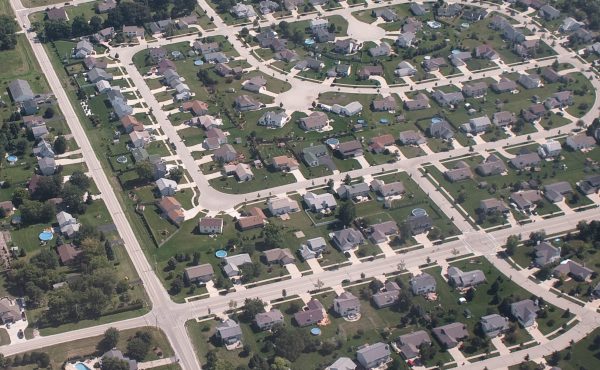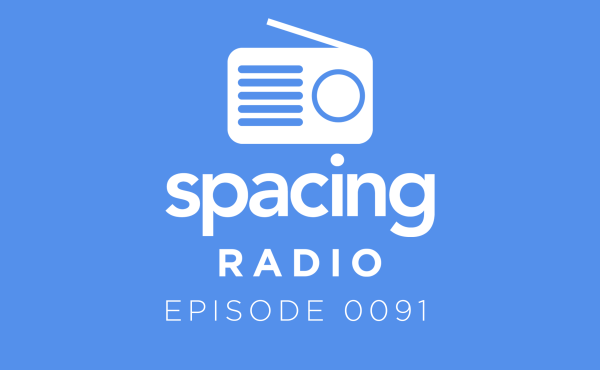There are some pundits who specialize in setting up the double-loaded trap for left-leaning politicians. If they break their election promises, they get scorched for pulling a fast one on the electorate. But if said pols deliver pretty much on what they promised voters they’d do, said pundits attack them for being too lefty, which is to say too besotted by taxation.
I wouldn’t say Mayor Olivia Chow’s tax hike proposal — 9% plus 1.5% on waste and water — has triggered a wave of hysteria, but there are certainly those who are scolding her for going too far — double digits! — or lecturing her on why she needs to justify this hike to taxpayers.
Yes, she’s got to sell it. But no one who so much as noticed last year’s election can claim they didn’t see this one coming. The city’s underfunding crisis, almost 15 years in the making, is now nothing if not visible for all to see.
The property tax system has been afflicted by another creeping crisis, this one eight years in the making, with no end in sight. Property assessments, which are used to calculate an owner’s annual property tax, have been frozen since 2016, despite the fact that Ontario’s property tax assessment law specifies that assessments are supposed to be calculated using a rolling four-year average of market value, known as current value assessment.
Queen’s Park paused the re-assessment process in 2021, due to the pandemic, and last summer announced it would be reviewing the whole policy framework, which likely means a further delay and more disruption when the assessment system finally comes back to life.
The net effect of these freezes is that all properties are assessed (and thus taxed) at values that don’t reflect a range of variables: the skyrocketing real estate prices of the past few years, the falling value of office buildings post-pandemic, the loss of foot traffic in retail stores due to e-commerce, and speculation-fuelled land prices in the vicinity of rapid transit stations, which have been targeted for high-density development under provincial land use reforms.
Hundreds of older, smaller apartment buildings near subway stops are now development fodder, and they sit on land that’s way more valuable than it was four years ago.
In my experience, there’s no policy quite as complicated as the property tax. Since the late 1990s, the Municipal Property Assessment Corporation (MPAC) has been in charge of calculating a rolling average value of all properties. When existing properties are re-assessed, the process is supposed to be revenue neutral, which is to say that if some increase, others have to decrease, so the overall sum is unchanged. New construction, however, does expand the tax base (MPAC has a useful explainer here).
Municipal councils, in turn, determine a tax rate and then establish property classes and ratios that set out the relative tax rate between residential and other categories. Finally, local politicians do what Chow did last week, which is propose how much they want to increase taxes, i.e., how much they want the overall revenues from property taxes to rise.
When MPAC is revising assessments regularly, some properties gain in value because of changes in market conditions while others may see a loss in value. But according to a Toronto Star investigation last year, the assessment freeze meant that owners of some less expensive houses experienced increases in their tax bills in recent years whereas those with pricier dwellings had seen their assessed values fall (The Star couldn’t use MPAC data so it sourced its own information about the selling price of homes).
It’s passingly ironic that the architects of the current system were Tories of the Mike Harris era. For decades, successive Ontario governments tried and failed to design an equitable property tax system. By the mid-1990s, Toronto’s levies were a disaster: affluent homeowners in neighbourhoods like Rosedale paid next to nothing while the municipality itself depended heavily on revenue from the bank towers to fund operations.
Harris rammed through a whack of highly disruptive changes to the whole system of municipal governance, including the introduction of a controversial market-value based approach to assessments, which nonetheless is seen by economists as the best way to raise revenue to fund municipal services. In the early years of the mega-council, local politicians found themselves responding to alarmed homeowners who had seen their property tax bills spike — not because the city was hiking taxes but because of dramatic changes in the assessed values due to a shift in the way those calculations were made.
As we all know, Doug Ford has followed in Harris’ footsteps when it comes to meddling in municipal policy, with one exception. By slow-walking reforms to the assessment rules, which are politically unpopular but necessary to ensure the system operates fairly, Ford is re-creating the property taxation mess that existed when Harris took office in 1995.
While the quantum of the annual tax increase generates all the ink and all the shouting, there are many other problems in the system, not least of which is the fact that the owners of rental apartments still pay almost twice the rate that homeowners and condo owners pay. The ratio has narrowed in the past decade, but the fact that tenants, who are so economically vulnerable now, effectively pay through their rent far more in property taxes than homeowners is outrageous.
The deep freeze afflicting the assessment system is yet another source of inequity in a city that needs more fairness, not less. Few people are crying about the frozen assessments because they benefit homeowners who’ve seen the value of their homes shoot up since 2016. But at a time when city council and a reform-minded mayor are making unpopular moves to clean up the mess left by the last two guys on duty, it seems to me the onus is now on the provincial Tories to do their part to restore faith in the way that municipalities fund the vast majority of the services we all use.






5 comments
My City of Toronto property taxes rose 30% in 2022 because MPAC reassessed my property due to a minor renovation (I obtained a Building Permit which triggered the reassessment from the frozen 2016 rate). Some properties on my street still have 2012 assessments, they will be in for a shock when MPAC starts doing their job again.
Clide: that’s a ridiculous increase. I’m supportive of raising property taxes to more sustainable levels, but there HAS to be a cap on the increase, spread over a period of a few years. I’m sorry for whatever impact that had on you.
It’s like the people who claim their car maintenance is cheap, just change oil every once in a while.
Then at some point they discover that the suspension needs serious work, the brake lines are rusty and need replacement, the pads and rotors are gone, and the tires are no longer safe. Suddenly the “cheap” maintenance becomes a thousands-of-dollars bill. And they are shocked, shocked! that this would be the case.
Property taxes in Texas are the seventh-highest in the U.S., as the average effective property tax rate in the Lone Star State is 1.60%. Compare that to the U.S. national average, which currently stands at 0.99%. The typical Texas homeowner pays $3,797 annually in property taxes.
In 2023, Doug Ford cut the city’s development fees. City had to make up for that loss by increasing property taxes.